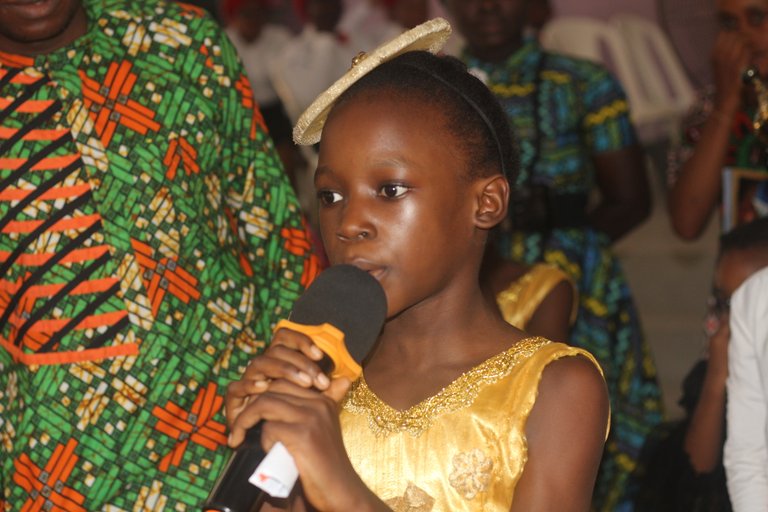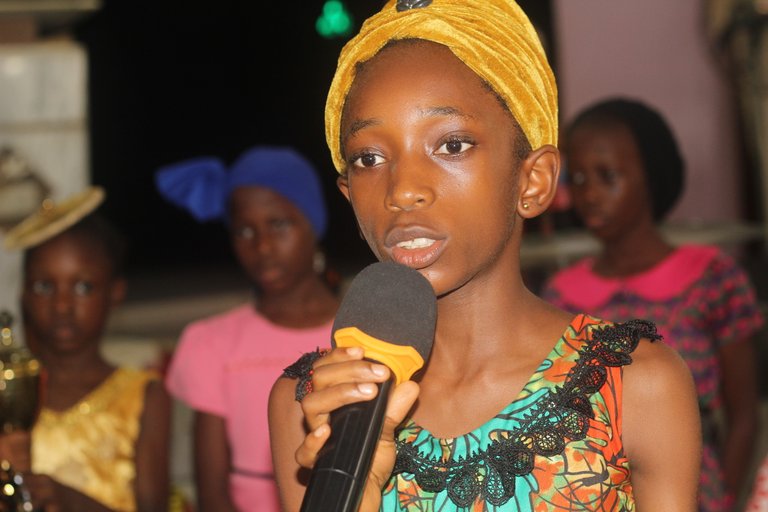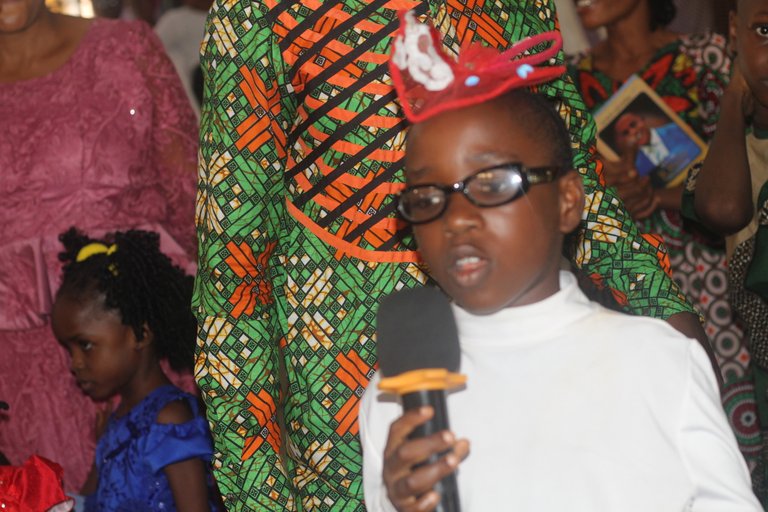As the world keeps changing, new strategies are employed in the learning environment to boost children's intellectual ability. Here was my first time witnessing children running a rhyming competition amongst themselves; this brilliant exercise involved the kids initiating a rhyming lyric based on the word that is given to them by the judge. For instance, in the word “kid”, the child sings based on the given beat and adds similar rhymes like lid, bid, feed, bead, etc. As simple as the task may sound it demands cognitive and creative skills. Some day, the exercise will speak when they come up the stage as a musician to produce a lyric without preparation; this is why the school builds them now they are young. To make this clearer, below are the few essences of "catching them young" in becoming good musicians.

The Importance of Early Education
Music is a broad field of study that needs time to grow. This growth may be in the form of experiences, and exposures; therefore the phrase "Catch Them Young" simply means engaging children in activities like music from a very early age. This process is important because, at an early age, children tend to learn faster and master many skills while the brain is developing. The activity discussed above showed that early musical creativity can help to develop cognitive abilities, social skills, and emotional intelligence.

Building Blocks of Learning
In the early stage of learning, children acquire knowledge through playful and engaging activities. With such a mode of learning, they see learning to be interesting thereby developing a positive attitude toward it. During the rhyming competition, the enthusiasm of the kids made me understand the love they have for the activity. Each child, given a word like "cat," "star," or "tree," had to come up with a song that rhymed with it. Aside from the fun, the activity encouraged language skills and phonemic awareness.
Encouraging Creativity and Confidence
As earlier mentioned, creativity is inevitable in this exercise. Also, the confidence of the child increases when they create something unique and it is discovered that they are doing the right thing. The activity was highly competitive because no child refused to give in to the other, which indirectly built their self-esteem. Sometimes, when a child sees he is doing good in a particular thing, they are more likely to take on new challenges and persist in difficulties.

Developing Social Skills
The competition was based on groups; the school was strategic in this exercise because grouping them developed a social skill because children were able to collaborate and interact with each other. Possibly, during rehearsal, children learn to listen to each other and work as part of a team. This is a skill that was developed both for personal and professional purposes.
Conclusion
At the end of the competition, the result was read but the lesson I drew from the activity was the power of early education. By catching them young and engaging them while at the infant stage can set the children on a path to lifelong success. As teachers, parents, and guardians, it is our responsibility to nurture this potential and provide children with the opportunities they need to thrive. Great job to the school for that initiative!
Posted Using InLeo Alpha